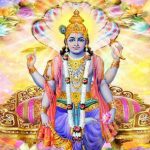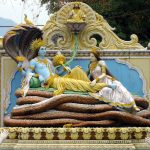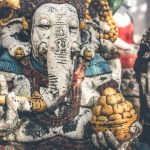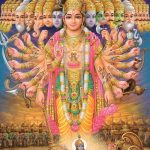Jyeshtha Masam is the third month in the lunar calendar. It commences in May and ends in June. Jyeshtha month is when the holy river Ganga came to Earth from Heaven.
Jyeshtha Month Significance
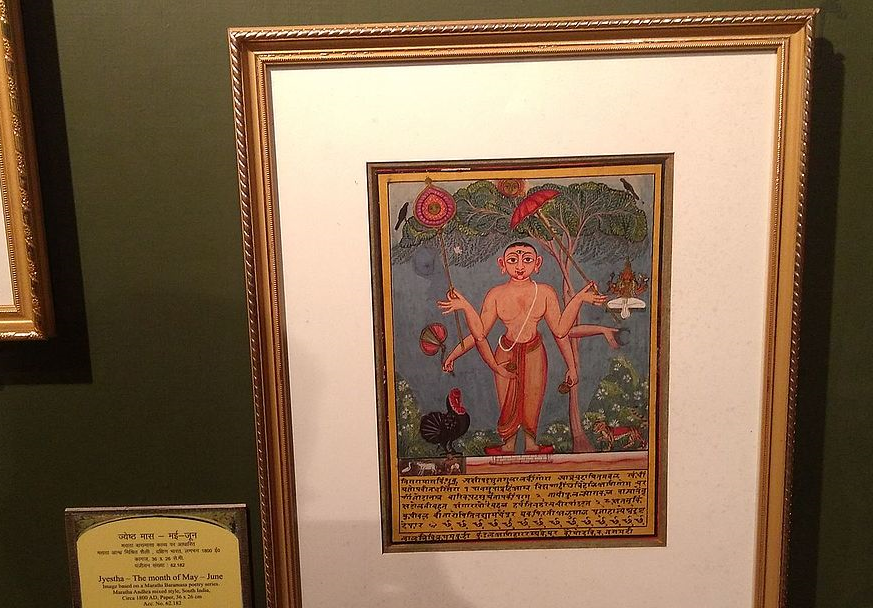
The Hindu Lunisolar calendar divides the year into 12 months. Jyeshtha is the third month of the lunar calendar. In the North, the month begins in May and ends in June. In some other regions, however, the Jyeshtha month or its corresponding month begins in June and ends in July. This is because different regions follow different variations of the Lunar calendar
Jyeshta Meaning
The month names come from the name of the Nakshatra the moon aligns with on that month’s full-moon day. Accordingly, in this third month, the moon is placed against the Jyeshta star. Jyeshtha also means the elder, older, eldest, etc. This star is indeed the eldest of the 27 Nakshatras.
Jyeshtha Amavasya is a special day for doing Kala Sarpa Dosha puja. Additionally, it is also the day to perform shradh and other rituals to honour your ancestors, like all other Amavasya.
Jyeshtha Masam Festivals
This month comes at the height of summer. In this hot weather, the numerous Jyeshta month festivals provide occasions for celebration.
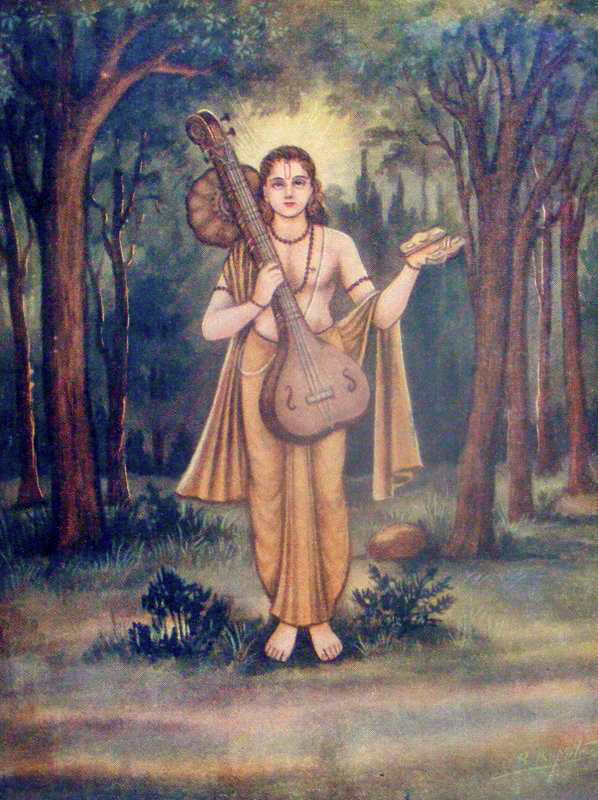
Narada Jayanti
Maharishi Narada is a divine sage who is immortal and can travel all over the universe. He is also the Manasika Putra of Lord Brahma and an ardent devotee of Lord Narayana. He goes about singing the praises of Lord Vishnu. Hindus in North India celebrate his birthday as Narada Jayanti, on the first day of Krishna Paksha of Jyeshtha month. Whereas, in the South, Narada Jayanti is celebrated on the same day in the Vaishakha month.
Apara Ekadashi
This is the Krishna Paksha Ekadashi in the month of Jyeshtha. Moreover, this Ekadashi vrat can remove the ill effects of many sins if you repent and observe this vrat with devotion. You have to abstain from food for 24 hours and do Parana on Dwadashi day. Do puja to Lord Vishnu and meditate on him on both the Ekadashi and Dwadasi days. Sri Krishna, Himself extolled the virtues of this vrat to Yudhishtir in the Mahabharata.
Shani Jayanti
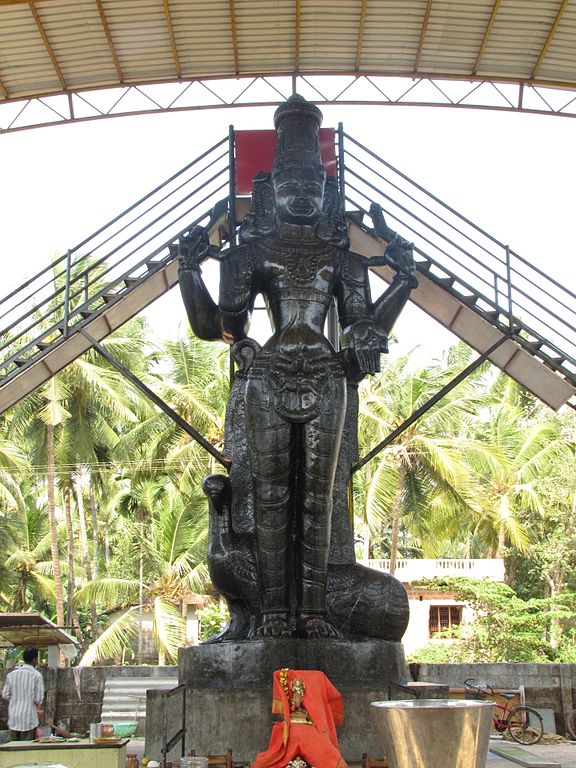
Shaneshwara is the dispenser of justice. Hence, he causes good or bad effects according to the karma of each person, through his presence in their Jatakas. He is also the son of Surya, the Sun God. His birthday is celebrated as Shani Jayanti. It comes on the Amavasya of Jyeshtha month in the North and Vaishakha month in the South.
Vat Savitri Vrat
Jyeshtha Amavasya is also the day of Vat Savitri Vrat, a vow observed by women in many states. Many women observe this vrat for the longevity of their husbands. In fact, this vrat takes its name after the bold and resourceful Savitri of ancient times who managed to save her husband Satyavan’s life by outwitting Yama, the Lord of Death.
Vat Purnima Vrat
Women in the Western states observe a similar Vrat on the Purnima day of Jyeshtha month. People in these states chiefly pray to Devi Gauri and Savitri on this day.
Mahesh Navami
This is a unique festival of the Maheshwari community of Rajasthan. They celebrate the Shukla Paksha Navami of Jyeshtha month as Mahesh Navami, to mark the origin of their community. It is dedicated to the worship of Lord Maheshwara and Goddess Parvati.
Ganga Dassehra
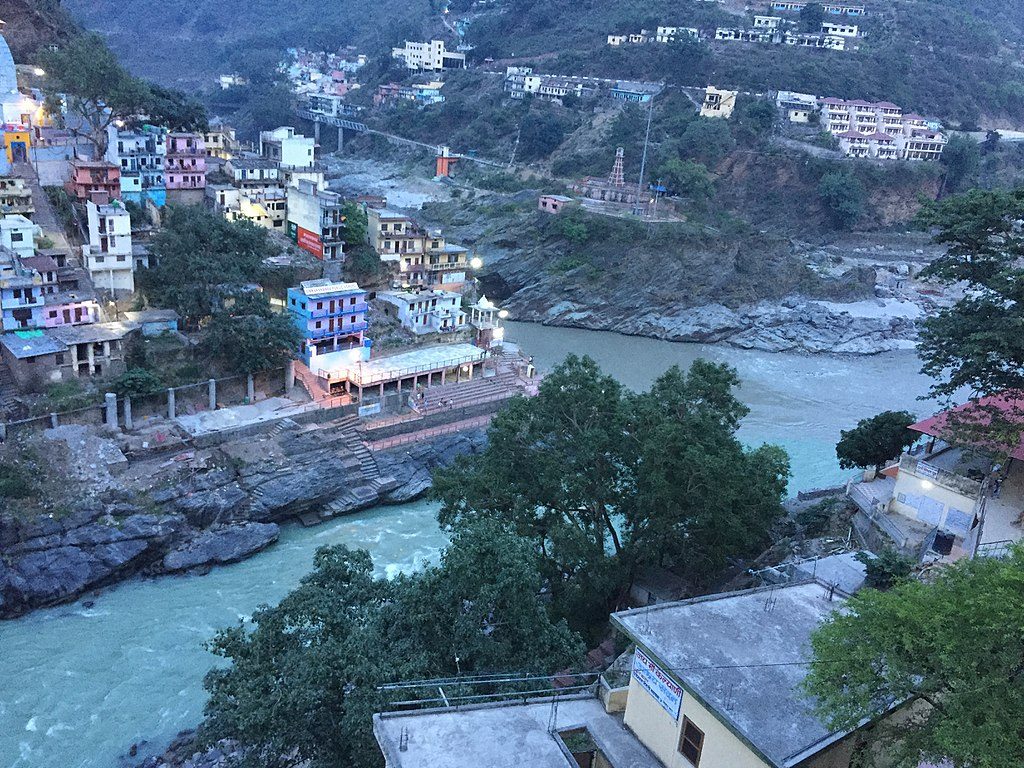
The holy River Ganga was flowing in Heaven. She was born at the foot of Lord Vishnu during his Trivikrama Avatar. So, another name for her is Vishnupadi. Bhagiratha, an ancestor of Sri Rama, undertook an austere penance for several years to bring Ganga down to the Earth to sanctify the ashes of his ancestors. She eventually came down to earth in the month of Jyeshtha. To honor this event, devotees celebrate Ganga Dassehra during the first ten days of the Shukla Paksha of Jyeshtha Masam.
Gayatri Jayanti
Gayatri is the powerful mantra that embodies the essence of the Vedas. Sage Vishwamitra composed this powerful hymn. Gayatri Devi is the personification of this mantra and also the Goddess of the Vedas. Shukla Paksha Ekadashi is celebrated as Gayatri Jayanti.
Nirjala Ekadashi
Shukla Paksha Ekadashi of Jyeshtha masa is a special Ekadashi. In the Mahabharata, Vedavyasa himself extols the special merits of this Nirjala Ekadashi. On this day, devotees observe an austere fast, abstaining even from drinking water. They spend this day in performing pujas and worshipping Lord Vishnu. Jyeshta Shukla Paksha Ekadashi is also the day of Gayatri Jayanti.
The importance of this month pertains to the many festivals observed in that month, especially the Ganga Dassehra, to mark the descent of River Ganga from heaven. Jyeshtha Lagnam or rather Jyeshta Nakshatra which gives this month its name, is the first of the twenty-seven Nakshatras, Jyeshtha meaning eldest. This is an auspicious month.






